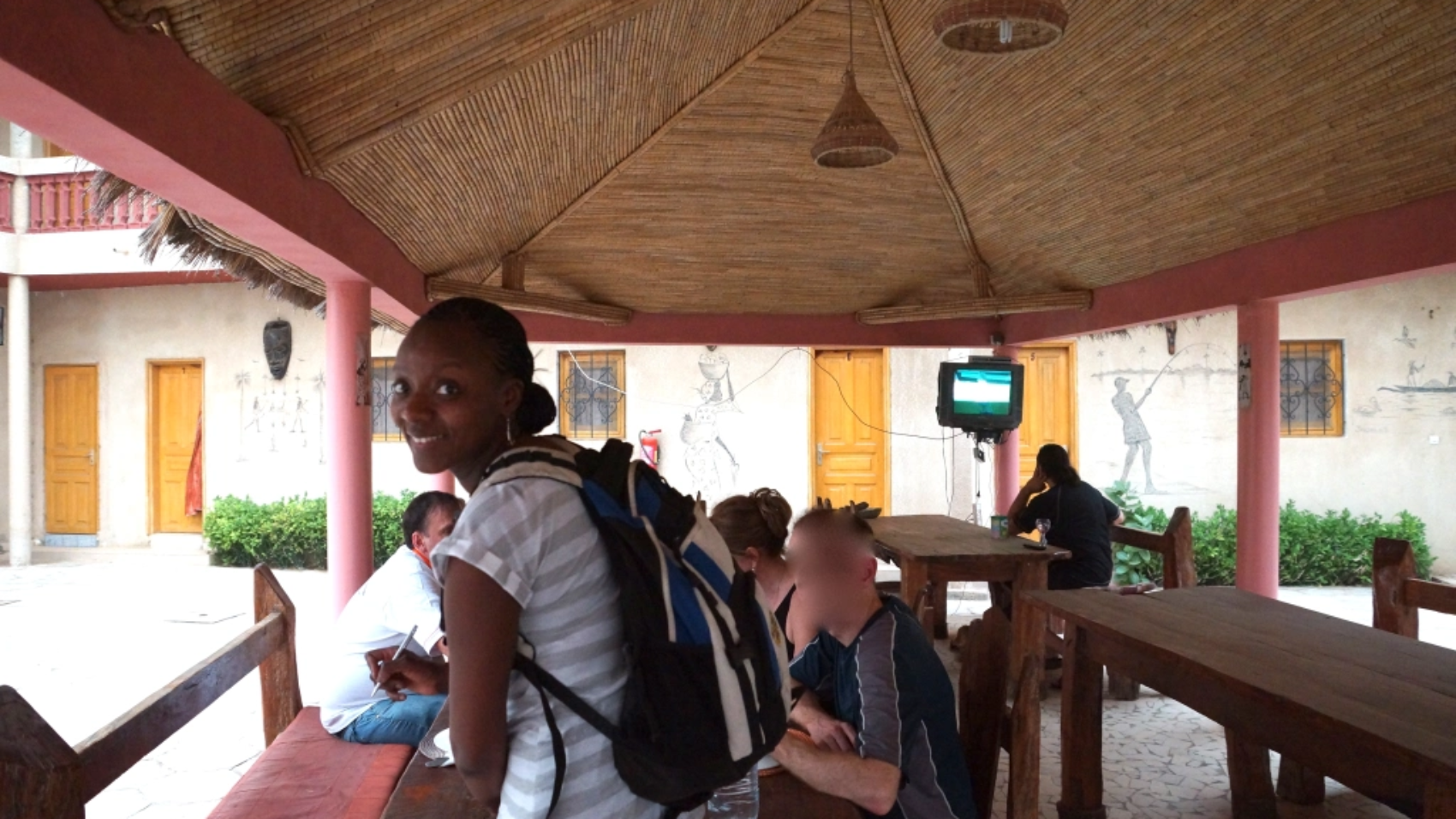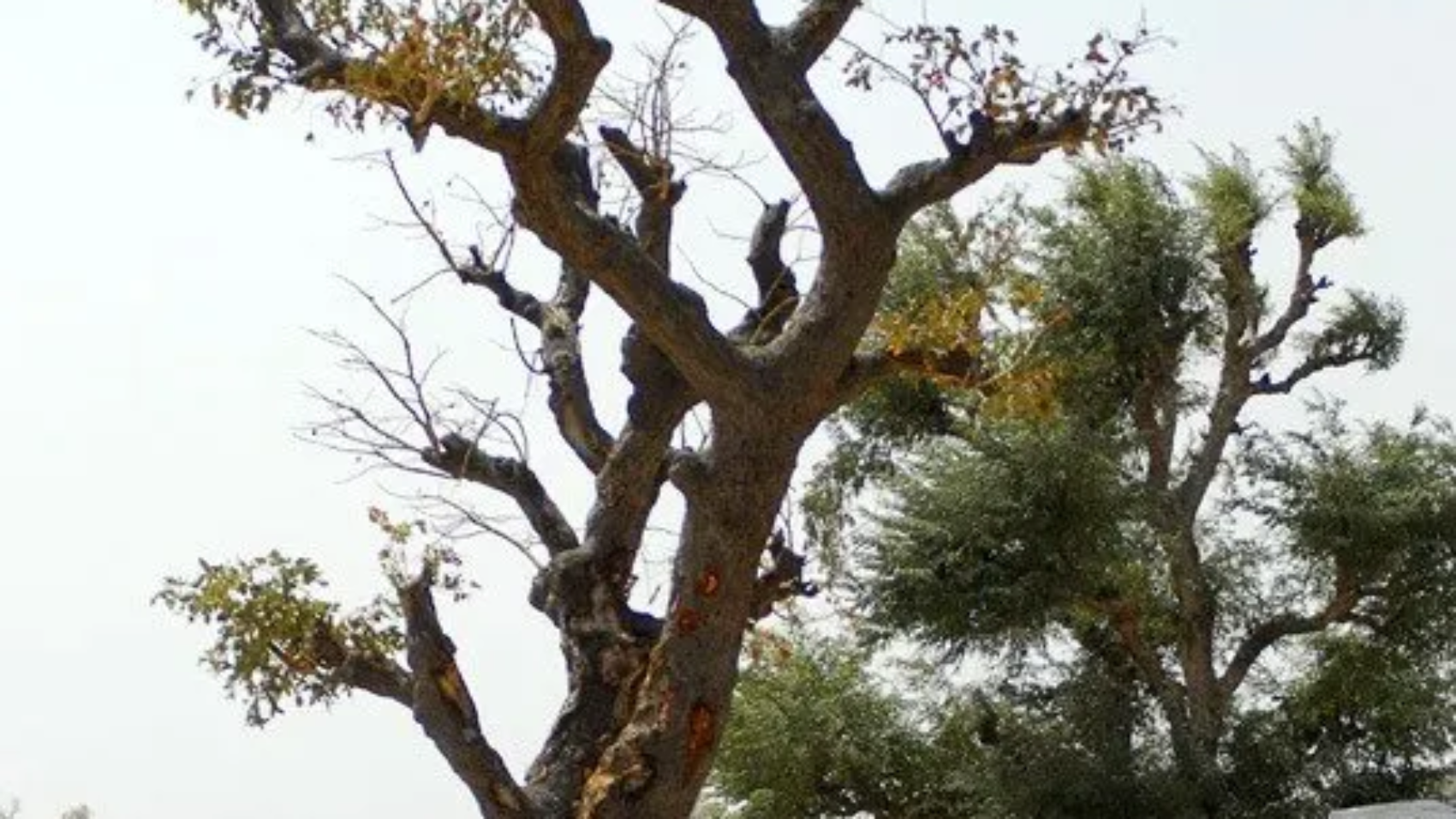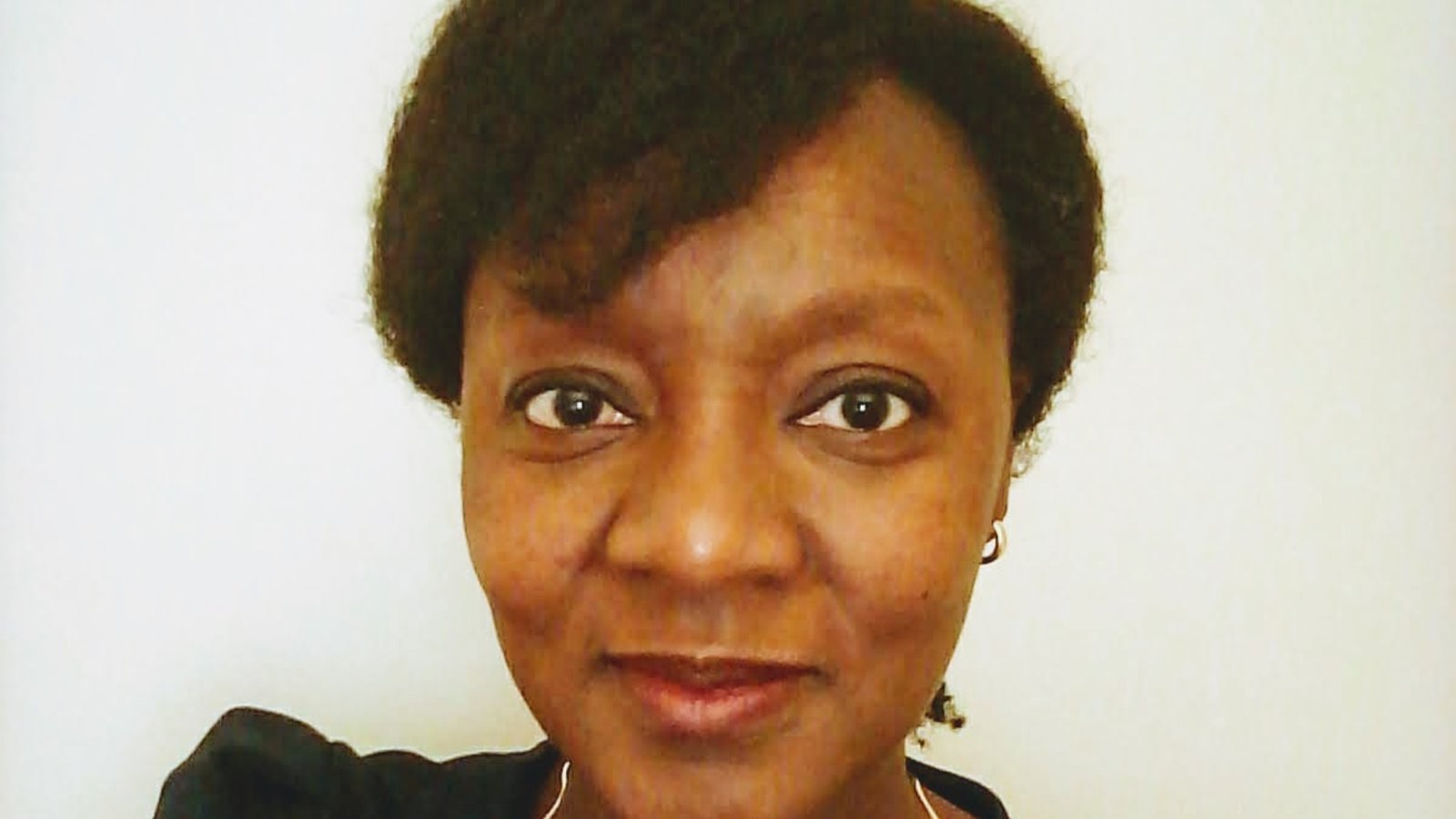One week into our Intel Education Service Corp project in Senegal, I feel that all our pre planning anxiety has been replaced by our team’s determination to make our collaboration with Worldvision and the Elementary school a ground breaking success. So far our team has met dedicated teachers, living and working with certain realities that we have never experienced and as we are preparing our teachers to apply all their operational and pedagogical training to their own students, I hope that what we have to offer is going to be valuable to their daily lives in the classroom. This trip is also an opportunity for me to reflect on how information technology shaped my life and what it can do for the next generation of educators and students.
I know that many of my colleagues developed a deep interest in computing technology when they were children. Not me, I had however an unlikely fascination with processes. This came about when I watched on TV ‘Modern Times’, the classic movie about the industrial revolution. As everyone around me was laughing at Charlie Chaplin’s antics, I was drawn to the impressive setup of machines and sea of people working in concert. I was about 10 years old, this was magic to me and I knew from that point onward that I wanted to work in manufacturing. Fast forward to freshman year, after spending many hours in the career center of my school, sorting through all the available education databases, I chose industrial engineering as my major and oriented my career towards manufacturing engineering and technology.

Today, computing technology has evolved so much that any student can get answers with a couple of web queries. Unfortunately for many children around the world, having computing and internet access is still out of reach and this numeric gap is preventing them from making informed decisions about their future. The other tragedy is a missed opportunity for all of us to learn early on how the youth in all corners of the world would formulate unique solutions to their environment and sometimes ours. After all, truly innovative ideas always extend globally.
Children are so precious because they dream
How do children they see the world ? how does a world lead by adults benefit from their vision?. Imagine being able to hear how they would tackle development issues through web blogs, after all this happens today in fashion (yes I said fashion) with Tavi an American young girl, who at 11 was the youngest fashion/art blogger and who at 15 founded a magazine. I recently read this article about this CEO from a US company, always eager to surround himself with college interns because they tend to unapologetically speak their mind and call out bad ideas outright.
Candor, imagination and freshness of thoughts gets eroded as we grow up and comply to education requirements, society norms and business cultures. In Senegal we value so much the opinion of elders, it is time to give a better voice to the youth. With sites such as http://carrapide.com/news/webtv, the developer’s community, various barcamps and google days #gsenegal and on twitters #Senegal , #galsen #kebetu, I see recent college graduates and college students, express their thoughts on very interesting problems and often with great care and concern about the developement of their communities. How do we accelerate this trend and hear from the youngest citizens?
https://www.youtube.com/embed/z3UJQT6OSqQ?version=3&rel=0&showsearch=0&showinfo=1&iv_load_policy=1&fs=1&hl=fr&autohide=2&wmode=transparentCYAN Girls discussing the concept around PAGEL, a SAaS platform dedicated to the needs of GIEs (Groupement d’Interet Economiques or Trade’s union). This is their computing solution to address poverty reduction and economic development.
Beyond the economic development opportunities and gains in productivity inherent to computing technology, I hope that the installation of these PCs in this rural area of Senegal will enrich our lives through a healthy exchange of ideas, where truly new and innovative thinking will carry us all to the 21st century.






